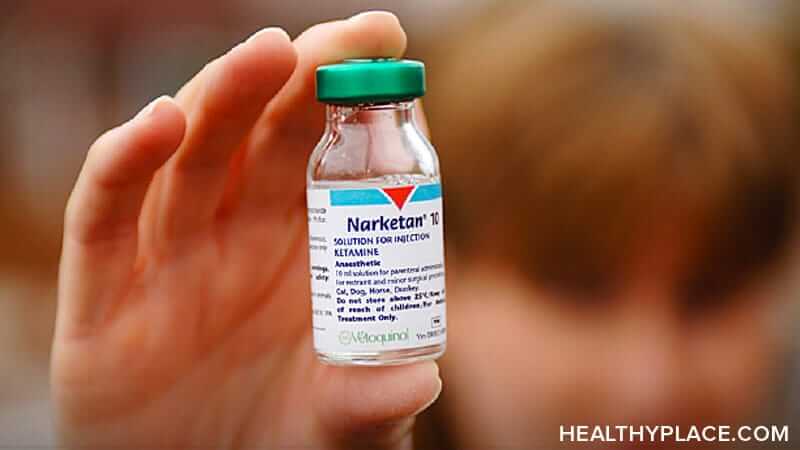Does Ketamine Cure Depression?

A cure for depression would be wonderful and, certainly, if ketamine cured depression it would become a best-selling drug. The concept of “curing” depression, though, is a complicated one. So to learn if ketamine cures depression, read on.
What Is a Cure for Depression?
The term “cure” is defined as: “successful remedial treatment; restoration to health.”
Using that definition, some people can be cured of depression in that the depression can be treated to the point where the person is returned to health (devoid of depression).
However, if one considers a “cure” to be a permanent restoration to health without further treatment, then there is no known cure for depression. Typically, people with a mental illness like depression are said to be “in remission” when the depression is not present; indicating that the person may need continuing treatment or that the depression may come back if treatment is ceased or becomes unsuccessful.
Is Ketamine a Depression Cure?
There are two situations to consider if one is to look at ketamine as a cure for depression. In situation one, a person receives ketamine for a given period of time and then is symptom-free thereafter. In the other situation, a person receives long-term ketamine treatment for depression and the person remains symptom-free.
If a person were to receive ketamine for a set period of time and then be symptom-free thereafter, certainly the word “cure” could be applied. Unfortunately, no study that has been done on ketamine for depression has tested this theory sufficiently in the long term. Most studies look at ketamine’s effect on depression only over the course of a month, at a maximum, a year. Additionally, study sample sizes have been very small so it’s hard to draw definitive conclusions. And while most people do respond positively to ketamine treatment, most of those who do also relapse following their positive response. For example, in one study where people were given up to six ketamine infusions, 17 people were followed for 83 days. Of those 17, only four didn’t relapse by the 83rd day. This doesn’t mean that more infusions wouldn’t have helped more people, but science just doesn't know how many infusions it would take to create prolonged remission of depression. Science also doesn’t know the specific risks that more ketamine infusions would create.
Ongoing ketamine infusions also haven’t been substantially studied. There is concern that repeated ketamine infusions over time may result in tolerance, wherein the same amount of drug no longer produces the desired effect. If this is the case, greater amounts of ketamine would have to be given. This carries a greater risk of ketamine side effects. Additionally, as repeated ketamine infusions over a long period of time haven't been adequately studied, the risks of this type of treatment is unknown. For now, only a handful of people have received ketamine over the course of many months-years and while their experiences look promising, the lack of data prevents anyone from claiming that ketamine cured their depression.
Ketamine Cures Depression?
So, no, unfortunately, ketamine doesn’t cure depression that we know of; however, the discovery of its very promising use in the treatment of depression has advanced science’s knowledge of both how depression works and of what type of new treatments should be investigated.
APA Reference
Tracy, N.
(2022, January 4). Does Ketamine Cure Depression?, HealthyPlace. Retrieved
on 2026, March 4 from https://www.healthyplace.com/depression/depression-treatment/does-ketamine-cure-depression


